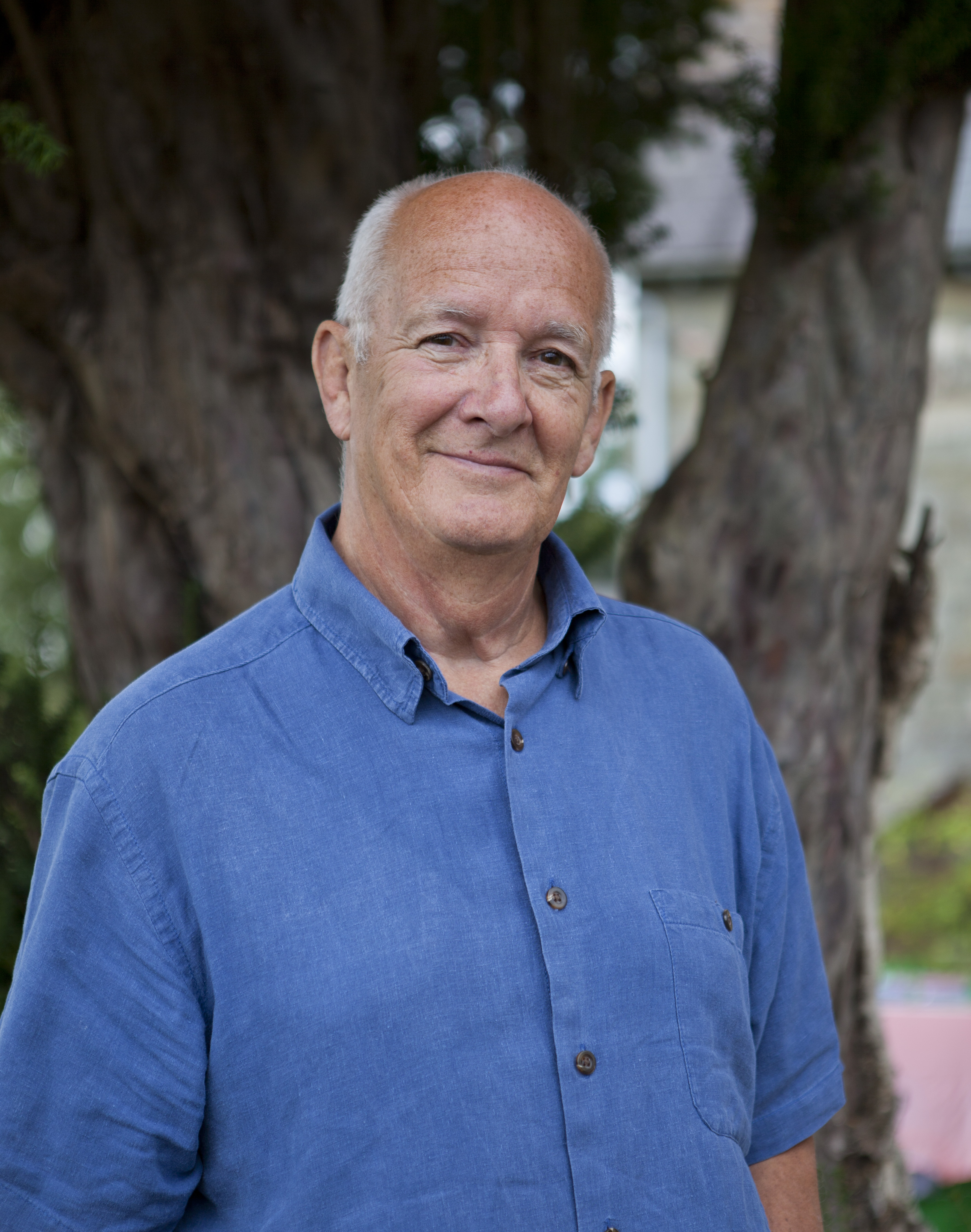Every few weeks, it seems, the newspaper headlines tell us that young people are more unhappy than they have ever been, and some think it not worth while to go on living. Waiting lists are full of teenagers harming themselves in their distress, the suicide rate is going up faster amongst young people than in any other age group, and there are websites preying on their vulnerability.
You could be forgiven for thinking it's all doom and gloom. It most definitely is not. Therapy can help young people just as surely as it can help anyone else, but it is not as simple as therapists setting up shop and expecting young people to walk in and pick what they have to offer from the shelf.
There are some difficult questions first: for young people to ask and therapists to answer.
How will anybody notice that I need help?
Distress can be expressed in many ways. Some young people turn their unhappiness in on themselves, cutting their arms as a way of easing tension, taking overdoses in an effort to blot out the world, or converting emotional pain into physical symptoms that hurt just as much. Some take out their feelings on those around them, flaring up angrily at parents, teachers and peers until they are seen as trouble-makers everywhere.
Whatever the expression, it should not be dismissed as the usual adolescent mood swings or as bad behaviour; it is a cry for help that needs to be understood and acted upon. Even if young people like yourself are simply confused, don't know what is happening to you or what to do about it.
Why am I so upset?
Young people can be brought to the end of their tether by a host of difficulties in their life. When families are working well, it is difficult to think of a better place in which to grow up. But when they are torn apart by illness, death and parents battling with each other, they can be torture for their offspring caught in the middle. Secondary school can be an exciting place to explore individual identity and social friendships, but young people with a shaky sense of their own worth may find peer group relationships and adult expectations impossible to live up to. And the lives of some of you may have been wrecked by neglect and abuse, in or out of the family.
Don't I need a diagnosis to get help?
Perhaps this is the most common fallacy - amongst young people and therapists alike. Only a fraction of the young people that I have helped have had a psychiatric diagnosis like depression, hyperactivity or a disorder somewhere along the autistic spectrum. But without exception their lives were in a mess and they didn't have to show me a formal diagnosis to deserve help. Which is easy for me to say, I know. There are still services around in which everyone has to sit on a waiting list to see a psychiatrist first, to be squashed into a diagnosis they don't warrant or be rejected if they don't fit. And pills are never the answer to unhappiness, diagnosis or not. Thankfully, you will find that times are changing fast and most help is much broader and more immediate than this.
Will therapy be difficult?
It is tempting to reassure young people that it will all be OK, but of course it will be more complicated than that. If it was easy to sort out, you probably wouldn't have needed to come for help in the first place, or at the most for a bit of advice. Once your trust has been earned, you maybe asked to examine feelings that you have kept hidden for a long time, and that may be painful in itself. Your therapist will help you find strengths within yourself to challenge your assumptions about the world and develop new strategies for dealing with it. You cannot be promised a world without problems, but you can be helped to cope with them when they arise. And remember, however difficult that may sound, far more emotional energy is required to repress problems than to work on them. Therapy can be a huge relief.
Will anybody else be involved?
Yes. I'm sure your parents will be as anxious as you are to seek help, but this is not just about you. They may be part of the problem too. They will be asked to respect the privacy you and your therapist may need together, to examine their own feelings, and to work on their relationships with you and with each other. Nothing will change unless everyone is prepared to shift a little. And there may be other adults who need advice about how to handle your problems, like school teachers and doctors. But they will only be approached with your permission.
What about the world we're living in?
We are dealing here with the benefits of therapy for you and your family, but you're quite right. We have to remember that society has responsibilities for how our young people are feeling. Emotional health should be just as important an aim as academic achievement; the media must examine the way they champion bright, beautiful and successful images that young people cannot emulate; and the social media giants have to patrol their own sites lest the least unhappy young people stay up all night looking for "likes" on their screens and are encouraged to harm themselves if they can't find them.
Your distress is a symbol of a society going wrong, not you.
Dr Mike Shooter is the author of Growing Pains



